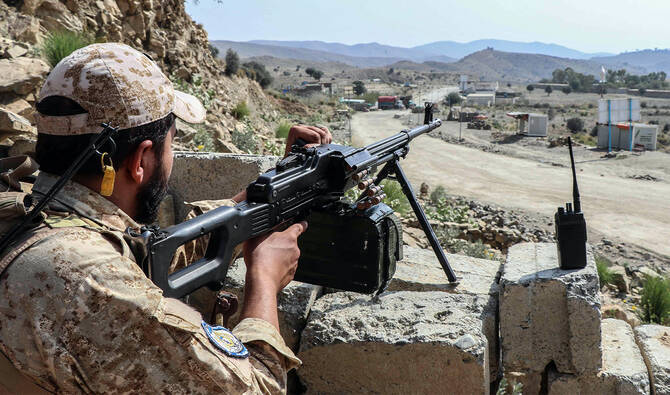
Pakistan, Afghanistan to resume talks amid tensions over border clashes
Introduction:
Islamabad, Pakistan – Pakistan and Afghanistan have agreed to resume talks in Istanbul at the request of mediator Turkiye after earlier rounds between Islamabad and Kabul failed to resolve spiraling tensions between the neighbors that have exploded into military clashes in recent weeks.
Breaking the Deadlock: Pakistan Seeks “Constructive” Taliban Role on Terrorism
Pakistani security officials said Islamabad’s delegation had been planning to depart from the Turkish city but ended in a deadlock.
The Afghan Taliban maintained that the TTP issue is an internal Pakistani matter. They have also long considered ISKP a rival and enemy.
“Pakistan has once again stressed that Afghan soil should not be used for terrorism against Pakistan. We appreciate the constructive role of our hosts and remain committed to seeking a peaceful resolution in good faith,” a security official told Al Jazeera on condition of anonymity due to the sensitivity of the dialogue.
A Dual Strategy: Pakistan Couples War Warning with Return to Negotiations
Afghan media have also reported, quoting sources, that after the intervention of host Turkiye and mediator Qatar, the two countries have agreed to resume their talks, which had ended earlier this week.
After Pakistan confirmed the failure of the previous talks, Defence Minister Khawaja Asif issued a lengthy statement on X, warning of an all-out attack against the Afghan Taliban.
He accused the “regime” of “blindly pushing Afghanistan into yet another conflict, just to retain its usurped rule and maintain the war economy that sustains them.”
“The warmongers amongst the Taliban regime, who have vested interests in the continuation of instability in the region, should know that they have probably misread our resolve and courage,” Asif wrote on Wednesday.
Pakistan’s Ultimatum: Defense Minister Threatens All-Out Attack
The Afghan Taliban has not responded to Asif’s remarks.
Sweden-based security researcher Abdul Sayed, who studies armed groups in South and Central Asia, said Asif’s comments signalled that Pakistan was prepared to resume air strikes in Afghanistan but the decision to return to negotiations reflected a potential shift.
Analyzing Pakistan Dual Strategy: Coercion and Diplomacy
“The resumption of dialogue suggests either that the issue causing the earlier deadlock has been resolved or that the Pakistani delegation, at the mediators’ request, has shown flexibility in its stance to make another attempt to resolve the matter through negotiation,” Sayed told Al Jazeera.
India Deepens Ties with Taliban Amid Historic Pakistan Rivalry
Pakistan and India engaged in a four-day conflict in May. While New Delhi accuses Islamabad of harboring armed groups that launch cross-border attacks, Pakistan has historically alleged that India supports Baloch separatist groups demanding an independent Balouchistan, Pakistan’s mineral-rich province.
Regional Shifts : India’s Taliban Outreach Challenges Pakistan
A series of meetings and diplomatic exchanges culminated in a visit to New Delhi by Afghan Foreign Minister Amir Khan Muttaqi this month as thaw in relations between the Afghan Taliban and the Indian government in this year.
Conclusion: Unresolved Tensions Despite Diplomatic Efforts
Pakistan and Afghanistan decision to resume talks underscores a precarious reality while neither neighbor can afford the consequences of all out conflict .Primarily Pakistan’s demand that the Taliban crack down on anti Pakistan militants and the Taliban’s refusal to do so remain fundamentally unresolved.
Pakistan and the Afghan Taliban resume security talks in Istanbul after a deadlock. Dialogue follows Pakistani threats of military action over cross border terrorism. Mediators from Turkiye and Qatar facilitated the renewed negotiations seeking peaceful resolution to ongoing tensions.
